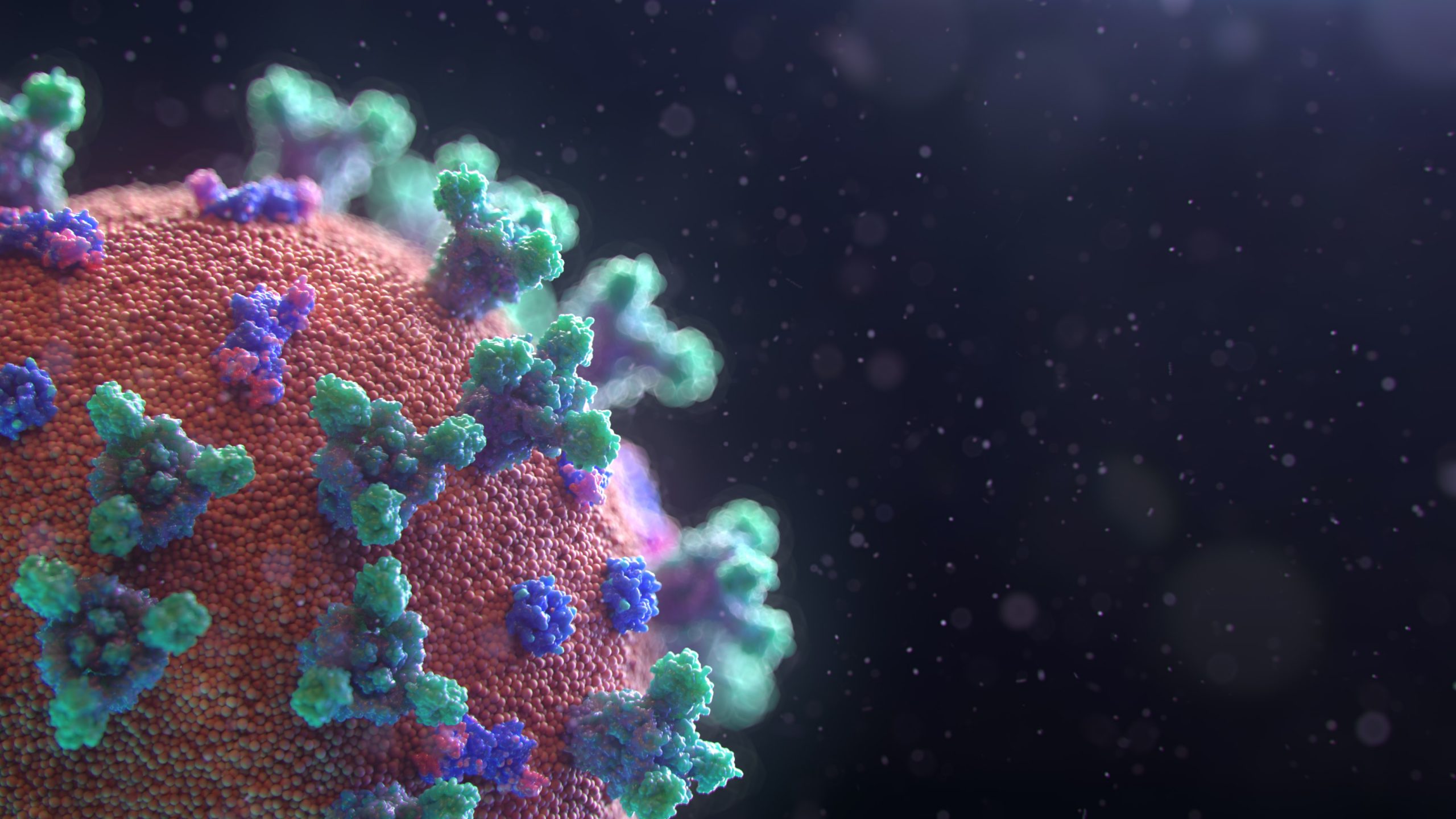There is no doubt that the emergence of the novel SARS-CoV-2 virus requires an understanding on how our immune system will counter this virus. Immunology is the study of the immune system and is a very important branch of the medical and biological sciences. The immune system protects us from infection through various lines of defence.
Subscribe to our Telegram channel to get a daily dose of business and lifestyle news from NHA – News Hub Asia!
An immunologist is a scientist and/or clinician who specialises in immunology. Many immunologists work in a laboratory focusing on research and in addition, clinical immunologists are clinicians involved in the diagnosis and management of diseases
of the immune system.
Immunology as the Common Denominator
From Edward Jenner’s pioneering work on vaccination in the 18th century to the major scientific breakthroughs in the 19th and 20th centuries, including the discoveries of blood groups, organ transplantation and monoclonal antibodies, immunology has changed the face of modern medicine.
Into the 21st century, consolidating the field of immunology in clinical practice and coupled with advancing technology, immunological research has provided added value research techniques and tools, such as flow cytometry and antibody engineering technology. All these applications and technology has attributed to our fight against COVID-19.
Immunologists National Strategic and Tactical Interventions
In this long drawn COVID-19 pandemic since March 2020, immunologists become central to fighting this pandemic and are part of the preparedness task force in many countries across the globe. From pathogenesis to disease modelling, precision immunotherapeutics to vaccines, the immunologist is crucial in translating basic science into effective response strategies. In Malaysia, immunologists also need to be given this central role and thus recognition for immunology to be acknowledged as a subspecialty in medicine becomes imperative.
To this end, a steering group of both scientist and clinical immunologists agree there is an urgent need to furnish expert opinions in handling the pandemic from the immunologists’ perspective. Immunologists would provide great value towards any COVID-19 research and/or clinical trials in Malaysia whether this research is a collaborative effort with other sub-specialties or initiated by the immunologists themselves. This translational immunological research is an important objective of the Translational Immunology Group for Education, Research and Society (TIGERS) towards our endeavour to combat COVID-19. It is the vision of TIGERS to put forth a platform to enhance and Rhazes Bioscience Partners PLT (LLP0023901-LGN) accelerate study and research on infectious diseases (emerging and re-emerging) and beyond. This platform of translational immunology will optimise both basic science and clinical science by harnessing the best of talents of scientists and clinicians from bench to bedside and back to the bench for continuous improvements to add value to society.
The Change is Now Here or We Will Go No Where
It would be correct to say the scientific data gathered from translational research would be important towards decision-making on health policies during a pandemic, as the data has been drawn and suited to our local needs. When local data is not available, it is reasonable to engage immunologists in analysing existing data strategically and appropriately to develop clinical research and translate those findings into policy and practice. It will be disastrous to merely approach health policies on a ‘copy & paste’ method from other countries. The current COVID-19 pandemic clearly illustrates the need for local data, and we will be doing disservice to the public if decisions were made recklessly without this
crucial information. Attempting to achieve targets by moving the goalpost would be irrational and any hasty decisions may potentially be counterproductive as there is no guarantee the expected outcome is achieved. The risk to increase the burden on our healthcare facilities towards the point of potential collapse remains a reality.
Getting Into The Global Game
In line with the importance of immunologists supporting the government agenda towards the National Recovery Plan, TIGERS are consolidating their roles in two specific areas, namely basic science diagnostics and precision therapeutics. The latter includes the use of new monoclonal antibodies and TIGERS have approached relevant industry players to embark on local clinical trials. Similarly, much had been discussed on the role of COVID-19 antibody testing and whilst there is no recommendation for its use in general, TIGERS are best to comment on this and are working towards a consensus statement to provide guidance for its clinical utility in Malaysia very soon. Together with several other
proposed research, it is envisaged that TIGERS would contribute better guidance in implementing health policies during a pandemic.
For the Translational Immunology Group for Education, Research and Society (TIGERS)
Dr. Amir Hamzah Abdul Latiff
Prof. Dr. Lokman Mohd Noh
Prof. Dr. Rahim Md Noah
Dr. Adli Ali
Prof. Dr. Norazmi Mohd Nor
Assoc. Prof. Dr. Intan Hakimah Ismail
Prof. Dr. Zamberi Sekawi
Disclaimer: The opinions expressed within this article are the personal opinions of the author.





